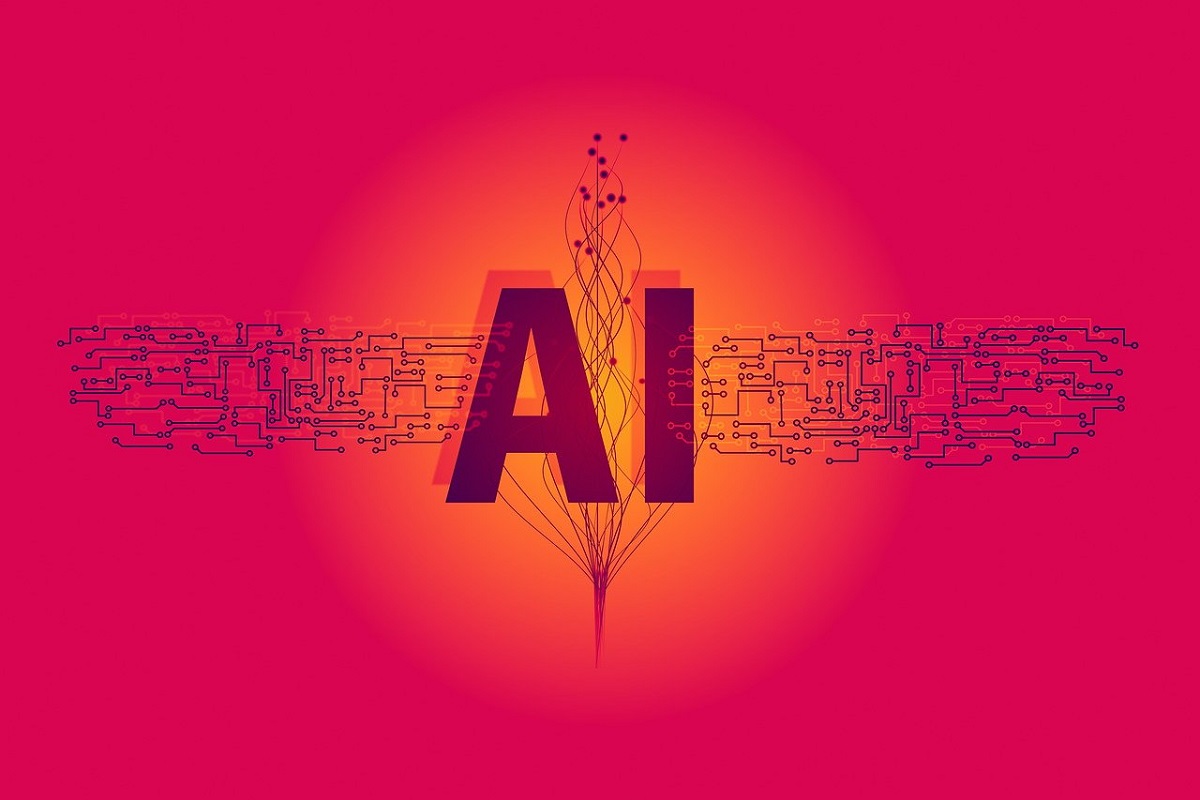Artificial intelligence will become a catalyst for the economic growth of the United States and other countries whose economic systems are more developed than China’s.

The corresponding forecast is contained in a study by the independent company Capital Economics. According to analysts of this firm, the favorable impact of artificial intelligence will also be observed in emerging market economies. In this case, it implies a positive influence in the economic context.
Capital Economics has created a kind of ranking of countries on the potential to benefit from digital intelligence. The leader is the United States. The next positions in the ranking belong to Singapore, Switzerland, and the UK.
China is on the list of countries with the potential to benefit from a new generation of technology that can think like a person and even better in the future, takes a place designated as average. Experts note that this state has considerable power and strength in terms of the ability to develop and launch innovative solutions. It was also stated that there were significant volumes of investments in AI in China. But at the same time, analysts noted that the strict concept of state regulation of the technology sector may slow down the development of digital intelligence in the country.
Capital Economics researchers, including Mark Williams, chief economist for Asia, emphasized in the report that AI is highly likely to allow the United States economy to maintain superiority over China in terms of GDP measured by market exchange rates. Also, in their opinion, the revolution in the sphere of artificial intelligence is a reason to moderate expectations that the Chinese economic system will overtake a similar US system.
The report also mentions that China needs to cope with the problem of exporting microchips, which was restricted by the American authorities. Without microcircuits, the development of AI technology is impossible. Experts stressed that the geopolitical tension between Washington and Beijing, which provoked the aforementioned restrictions, means that the Chinese ecosystem of artificial intelligence will develop independently of the West.
The researchers believe that the competition between China and the United States in the sphere of machine intelligence, the main goal of which for each of the parties is leadership in the industry, may have positive side effects for other countries. Experts have suggested that if Beijing and Washington insist that their machine-learning tools be introduced first as part of a technological confrontation, the pace of global dissemination of innovative developments will significantly accelerate.
The report notes that the most likely result of the so-called AI race will be an increased shift in the global trajectory, which has been observed for some time. In the material and applied plane, this trend is expressed in the fact that the pace at which the average incomes of emerging markets catch up to the incomes of developed countries is slowing down. The slowdown is relative to those indicators that were observed in the 2000s and early 2010s. This forecast is largely similar to the opinion of economists at Standard Chartered Plc, who this year said that artificial intelligence could widen the gap between advanced economies and emerging markets.
Analysts at Goldman Sachs Group say that generative AI can become the foundation for productivity growth in the United States by about 1.5 percentage points over a decade. They also talk about the potential of digital intelligence to accelerate global growth.
Capital Economics states the likelihood that AI may slow down India’s economic development in the near future, as advanced technology, in their opinion, will slow down the outsourcing of business processes from other countries. The researchers labeled this potential scenario as a slow decline. They believe that if this forecast is implemented over the next decade, the decline in India’s economic growth will be 0.3-0.4 percentage points annually.
A separate paragraph in the Capital Economics report suggests the risk of increasing inequality within countries due to the scaling of AI integration into the life of human civilization. Analysts say that such a scenario is likely due to the fact that capital owners, rather than employees, will benefit from advanced technology to a greater extent. This form of AI impact is one of the manifestations of its global impact on the economy.
Researchers suggest that artificial intelligence will complement a highly skilled workforce. They also predict a concentration of returns on capital in a small technology sector and an increase in income inequality.
In the report, the probability of a permanent increase in the unemployment rate due to artificial intelligence is estimated as low. Capital Economics researchers suggest that new AI-related jobs will be created. Analysts also say that machine intelligence can start the process of productivity growth, which will contribute to an increase in demand for goods and services. At the same time, researchers claim the likelihood of large shocks associated with the spread of AI in the short term.
As we have reported earlier, Gordon Brown Says About AI’s Ability to Save Economy From Low Growth.









